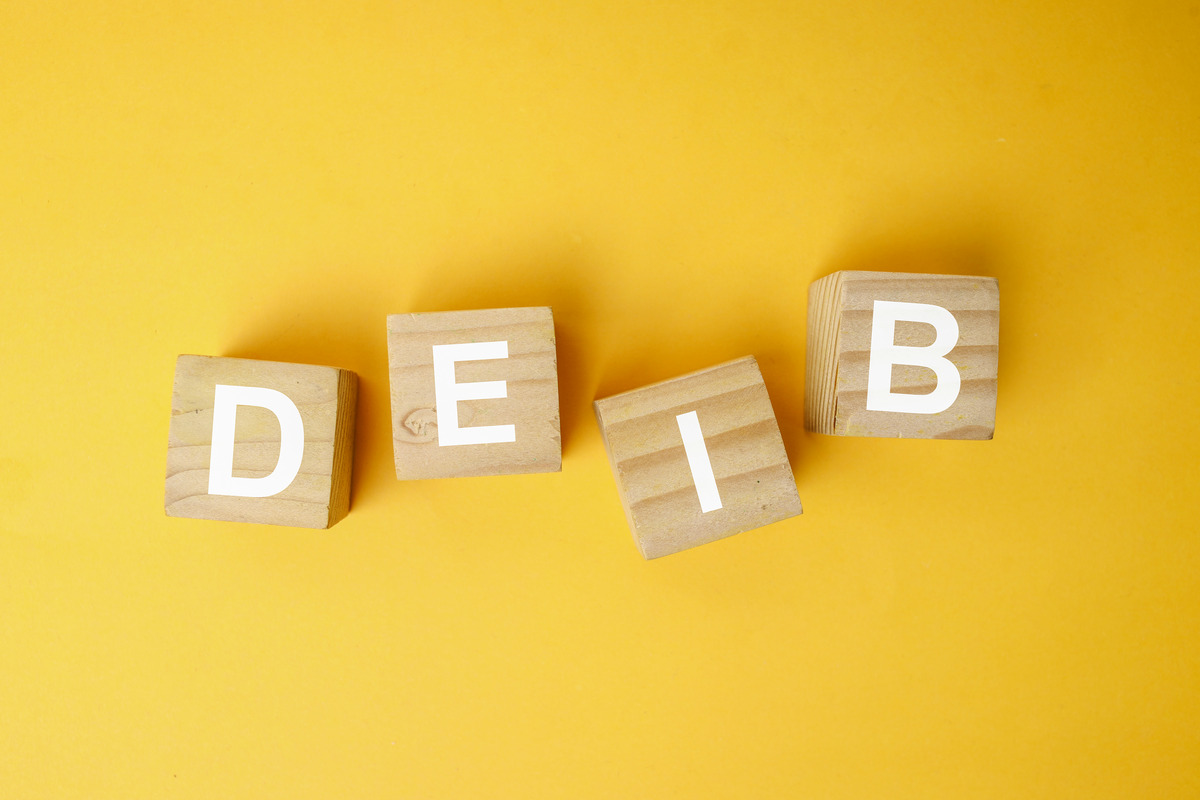When preparing to apply for a mortgage, many prospective homeowners wonder whether paying off debt beforehand can improve their chances. The answer is generally yes, but the benefits depend on several factors, including the type of debt, the timing of your payoff, and your overall financial strategy. Reducing debt can enhance your credit score, lower your debt-to-income (DTI) ratio, and make you a more appealing candidate to lenders. However, it’s not a one-size-fits-all solution. In this article, we’ll explore how paying off debt impacts your mortgage application, which debts to prioritize, and key considerations to maximize your financial readiness—all in over 600 words of detailed guidance.
Why Debt Matters in a Mortgage Application
Lenders scrutinize your financial profile through two primary lenses: your credit score and your debt-to-income ratio. Both metrics are directly affected by your debt levels, making debt management a critical step before applying for a mortgage.
The Role of Your Credit Score
Your credit score is a snapshot of your creditworthiness, and it heavily influences the mortgage terms you’re offered. One key factor in your score is credit utilization—the ratio of your current credit card balances to your available credit limits. Paying off high-interest debts, like credit card balances, reduces this ratio. Keeping utilization below 30% is ideal, as it demonstrates responsible credit use, potentially boosting your score and qualifying you for lower interest rates.
Understanding Debt-to-Income Ratio
Your DTI ratio measures your monthly debt payments against your gross monthly income. Lenders typically prefer a DTI below 43%, though some programs allow higher ratios. By paying off debt, you decrease your monthly obligations, lowering your DTI. A lower DTI signals to lenders that you have more income available to cover a mortgage payment, increasing your approval odds.
Which Debts Should You Pay Off?
Not all debts carry the same weight in a mortgage application. Prioritizing certain types can yield greater benefits.
Tackle High-Interest Debt First
High-interest debts, such as credit card balances or personal loans, should be your top priority. These debts often have steep interest rates, and paying them off can quickly improve your credit utilization and DTI. Clearing a $5,000 credit card balance, for example, could significantly enhance your financial profile.
Consider Installment Loans
Installment loans—like car loans or student loans—are viewed as “good debt” by lenders because they have fixed payments and terms. While reducing these balances can lower your DTI, the impact on your credit score is less dramatic than with revolving credit. Focus on high-interest debt first, but chip away at installment loans if your budget allows.
Keep Accounts Open
After paying off a credit card, resist the urge to close it. Closing accounts reduces your available credit, which can increase your utilization ratio and potentially lower your credit score. Maintaining open accounts with a long credit history also strengthens your credit mix, another factor lenders consider.
Timing Your Debt Payoff Strategically
When you pay off debt matters just as much as what you pay off.
Start Early for Best Results
Begin reducing debt at least six months before applying for a mortgage. Credit bureaus need time to update your credit report, and your score may not reflect recent payoffs immediately. A gradual approach ensures your financial improvements are fully visible to lenders.
Avoid New Debt Before Applying
In the lead-up to your application, steer clear of new debt—like financing a car or opening a new credit line. New debt increases your DTI and triggers hard inquiries on your credit report, which can temporarily ding your score. Keep your financial slate clean for the best outcome.
Balancing Debt Payoff with Other Priorities
Paying off debt is beneficial, but it’s not the only piece of the puzzle. Lenders also evaluate your broader financial health.
Preserve Your Down Payment Savings
A mortgage requires a substantial down payment—typically 3% to 20% of the home’s price—plus closing costs. Avoid draining your savings to pay off debt if it leaves you short for these upfront expenses. Lenders want to see you can cover both debt and homeownership costs.
Maintain an Emergency Fund
An emergency fund covering 3-6 months of expenses is a safety net that reassures lenders. If paying off debt wipes out your reserves, you might appear riskier, as unexpected costs could derail your mortgage payments. Balance debt reduction with financial security.
Final Thoughts: Is It Worth It?
Paying off debt before applying for a mortgage can indeed help, often significantly. It can improve your credit score, reduce your DTI, and position you for better loan terms. Focus on high-interest debt, time your payoffs wisely, and avoid jeopardizing your savings or emergency fund. With careful planning, you’ll not only boost your approval chances but also step into homeownership with a stronger financial foundation. Take stock of your debts today, prioritize strategically, and you’ll be well on your way to securing that dream home.
